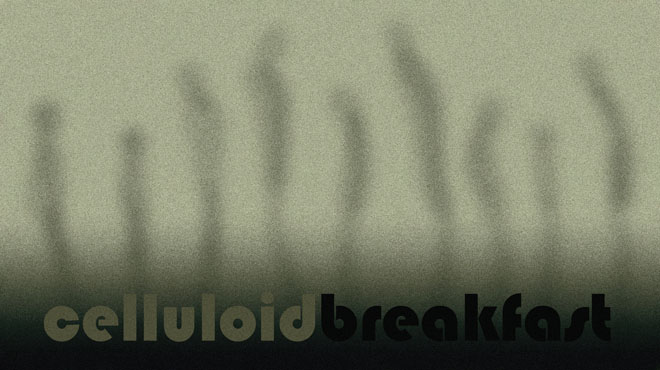At almost three hours, Welfare is an intense experience, and it’s clear that Wiseman had a wealth of good footage to sift through. Although the camera often gets uncomfortably close to its subjects, few are conscious of its presence and a lot of personal information is exchanged, making for a documentary rawer than Wiseman’s earlier works. We as the audience spend enough time with each claimant to share their pain and frustration with the benefits system. Welfare shows off Wiseman’s photographic bent, his portraits of people in trouble echoing the work of great photographers such as Manuel Rivera-Ortiz. Given the length of the film, there are several opportunities for one to question the necessity of Wiseman’s neutrality, which occasionally borders on inactivity, but it is important to remember that these subjects are halfway between situations, and it would be unfair, even wrong, for Wiseman to interfere.






No comments:
Post a Comment